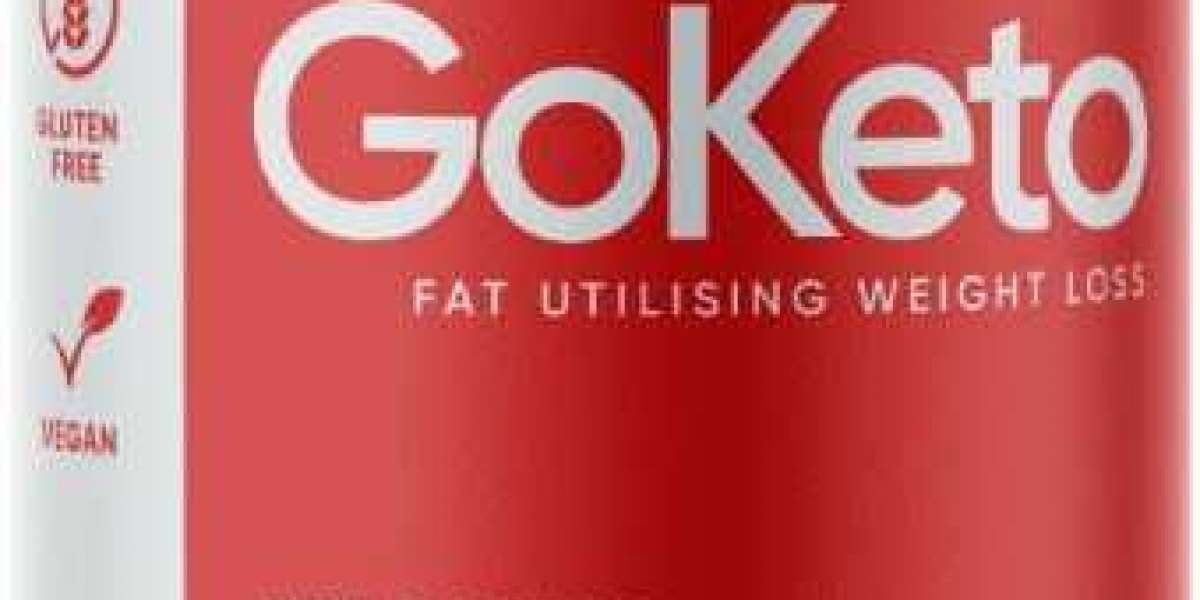Polyphenol hydroxytyrosol
Hydroxytyrosol is a powerful polyphenol found naturally in olive fruits, pulp, leaves and mill wastewater. Chemically, hydroxytyrosol is described as 4-(2-hydroxyethyl)-1, 2-benzenediol, chemical formula C8H10O3.
Hydroxytyrosol is a well-known trace component found in extra virgin olive oil and is derived from the hydrolysis of polyphenol olpicin during maturation and storage of olive oil. This compound plays an important role in the complex and varied flavors of olives and extra virgin olive oil.
It is also an important ingredient that greatly increases the stability and longevity of extra virgin olive oil.
Hydroxytyrosol is hydrophilic and is absorbed in a dose-dependent manner in the body, occurring in the small intestine and colon. Uniquely, hydroxytyrosol is the only polyphenol that can cross the blood-brain barrier, making it important for scavenging free radicals in the nervous system.
Health benefits of hydroxytyrosol in extra virgin olive oil
Hydroxytyrosol has strong antioxidant activity. It has one of the best known ORAC (oxygen free radical absorbability) results known for natural antioxidants. ORAC is a method used to determine the antioxidant capacity of a food or chemical.
There is also evidence of health benefits from hydroxytyrosol in extra virgin olive oil in the following areas:
Antitumor activity
Hydroxytyrosol in extra virgin olive oil has the ability to inhibit proliferation and promote apoptosis of various tumor cells. Therefore, it has been proposed that hydroxytyrosol may have anticancer effects. The exact mechanisms of these effects are unclear, and research in this area is continuing.
The anti-inflammatory activity of the
Hydroxytyrosol in extra virgin olive oil has been shown to reduce the production of the cytokine tumor necrosis factor α (TNF α) in animal models of inflammation. Animal-based studies also suggest that hydroxytyrosol in extra virgin olive oil may reduce acute inflammation and associated pain.
Antimicrobial activity
In vitro experiments showed that hydroxytyrosol in extra virgin olive oil has antibacterial properties against infectious respiratory and gastrointestinal pathogens. Hydroxytyrosol in extra virgin olive oil is known to have antibacterial activity against both gram-positive and gram-negative bacteria. In general, polyphenols have been reported to have a wide range of antibacterial activities, such as antibacterial, antiviral and antifungal effects.
Antithrombotic activity
A human study shows that hydroxytyrosol in extra virgin olive oil can reduce serum levels of thromboxane B2, resulting in an anti-platelet aggregation effect. Other studies support this finding, showing that hydroxytyrosol significantly reduces platelet aggregation.







